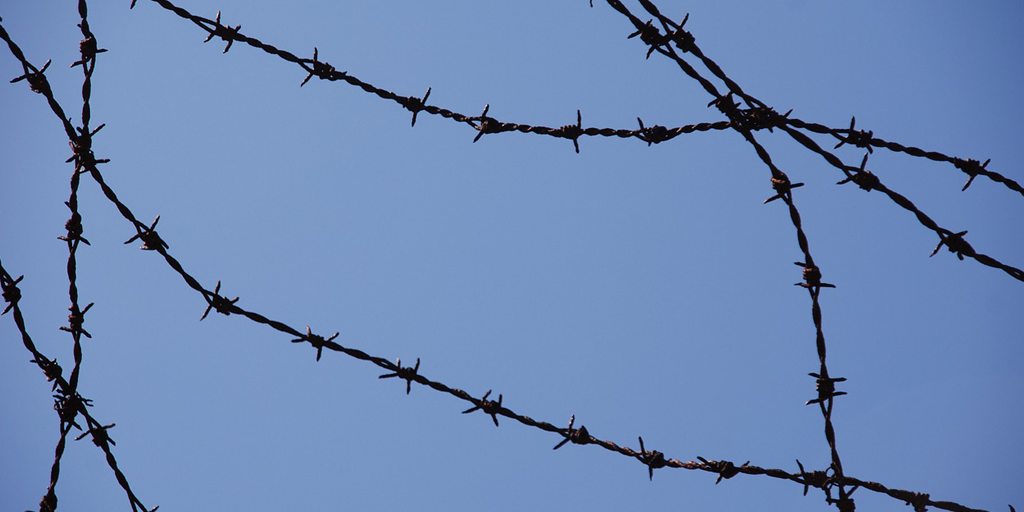The Detention Forum statement in response to the news of G4S suspending its staff as part of abuse investigation.
‘We welcome the news that G4S has suspended nine staff members who are being investigated over allegations of abuse. We understand that this action was triggered by BBC Panorama’s undercover documentary which will be aired on Monday next week.
Such allegations must be thoroughly investigated. Any form of abuse is unacceptable.
However, scrutiny over immigration detention must not stop at improving how centre staff behave towards people held in immigration detention centres. We are deeply concerned about the lack of scrutiny of the UK government’s routine use of indefinite immigration detention. We should not forget that Brook House is only one of nine such detention centres in the UK, which lock up migrants without a time limit.
Deprivation of liberty must be an exceptional measure of last resort: yet the UK detains migrants routinely, locking up nearly 30,000 people a year for administrative reasons in prison-like conditions. UK is also the only country in Europe to detain migrants without a time limit, a practice that has been repeatedly criticised by monitoring bodies, including Her Majesty’s Inspectorate of Prisons.
Anyone who does not have a secure immigration status is at risk of detention. Detention separates families, including parents from their children.
More than two years ago, a cross-party Parliamentary Inquiry into the use of the immigration detention concluded that the UK detains far too many people for far too long and told the government to introduce a 28-day time limit and a wider range of community-based alternatives to detention. The government-commissioned report by Stephen Shaw which followed also urged the government to reform its detention system ‘boldly and without delay’.
While the Minister promised to implement reform in response to these reports in January 2016, disappointingly, the latest statistical information shows that there has been no change in the scale or the lengths of detention. As of the end of June 2017, the longest time a person had been detained was 1,514 days, in excess of four years.
There is a human cost to such incarceration. Self-harm and suicide attempts in detention centres are a direct consequence of this government policy of mass, indefinite, detention. There is a clear consensus amongst all practitioners that detention has a devastating impact on individuals’ well-being, regardless of the reason why the person finds himself/herself in immigration detention.
It does not have to be like this: the UK government can introduce a wider range of community-based alternatives to detention as recommended by, amongst others, UNHCR and the Commissioner for Human Rights at the Council of Europe. It can also introduce a 28 day time limit on detention.
Stephen Shaw, who conducted the review of immigration detention in 2015, begins his second review on Monday next week, as Parliament returns. We urge Mr Shaw and parliamentarians to seek accountability for the broken promise of detention reform that continues to put lives at risk today.’





